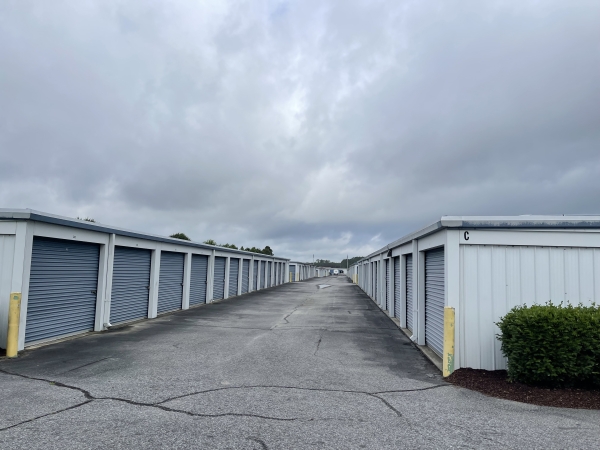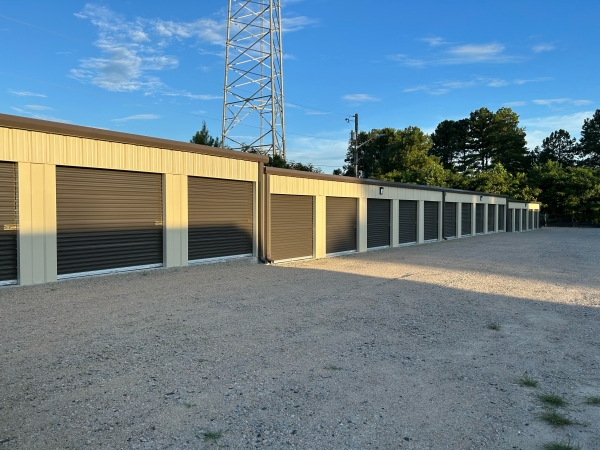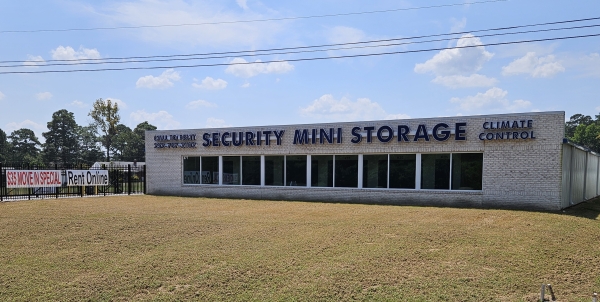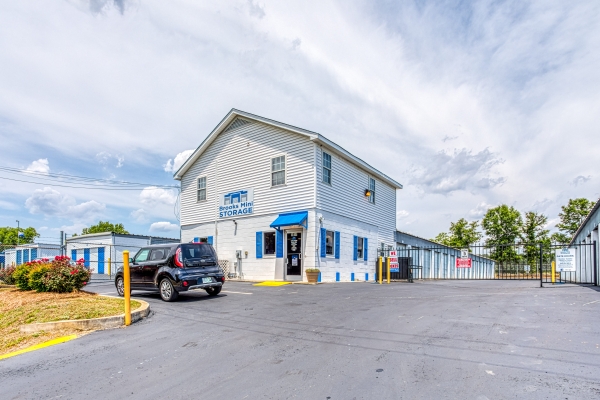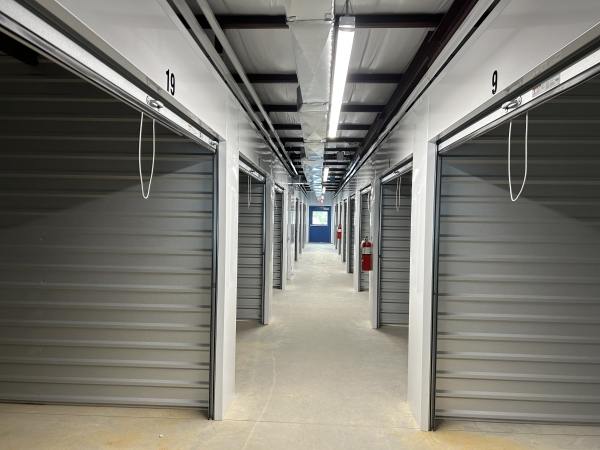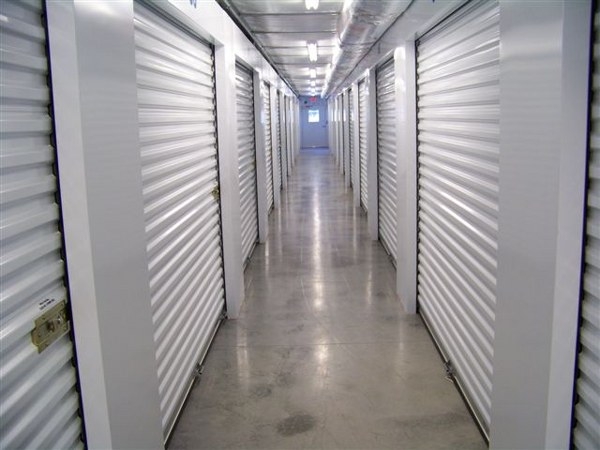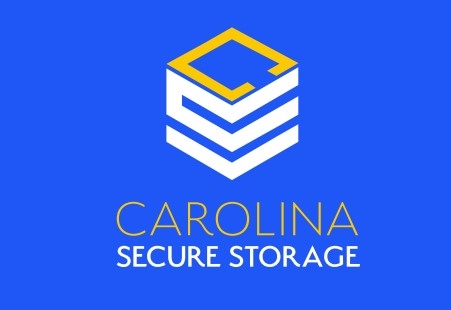Greenville’s humid subtropical climate and bustling student population from East Carolina University create unique storage challenges. With summer humidity often exceeding 70% and frequent thunderstorms, you’ll want to prioritize moisture protection and flexible access for your belongings.
Average Storage Unit Prices in Greenville, NC
Here’s what you can expect to pay for Greenville storage units:
| 5’x5′ | $33 |
| 10’x10′ | $93 |
| 10’x15′ | $119 |
| 10’x20′ | $149 |
What to Look for in a Greenville Storage Unit
- Humidity Control: With average summer humidity above 70%, climate-controlled units prevent mold damage to furniture, electronics, and documents during the muggy months.
- Storm Protection: Greenville receives over 45 inches of rain annually. Indoor units with covered loading areas keep your items dry during frequent summer thunderstorms.
- Student-Friendly Access: ECU’s academic calendar drives heavy demand in May and August. Book early and look for facilities with extended hours near campus areas.
- Security Considerations: While crime rates are moderate, choose facilities with gated access and surveillance cameras, especially if storing valuable electronics or business inventory.
Frequently Asked Questions
Are there storage units near East Carolina University?
Yes. Several facilities along Greenville Boulevard and near campus offer student-friendly leases with flexible terms for semester breaks and summer storage.
Do I need climate control for storing textbooks and electronics?
Yes. Greenville’s high humidity can warp books, damage electronics, and cause mold growth. Climate control is essential for these items.
Can I access my unit during severe weather?
Most facilities remain accessible during storms, but some may restrict access during severe weather warnings. Ask about emergency protocols when renting.
Are there units suitable for business inventory?
Yes. Many facilities offer larger units with drive-up access, perfect for small businesses needing to store inventory or equipment in Greenville’s growing commercial sector.
Is it safe to store items during hurricane season?
While Greenville is inland, tropical storms can bring heavy rain and wind. Choose facilities with reinforced construction and avoid ground-level units in flood-prone areas.


